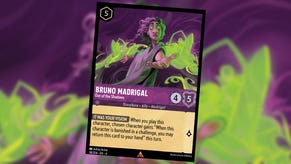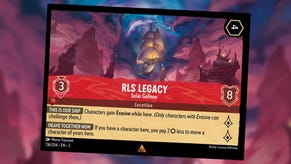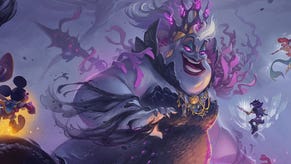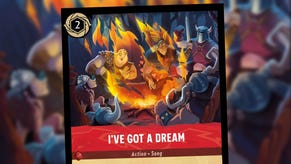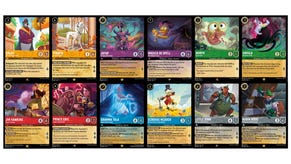Why the Disney Lorcana lawsuit matters, and every tabletop creator should be paying attention
Protecting ideas lies along a thin line of safeguarding creators’ work without stifling creativity and innovation.
As we know, Upper Deck is suing Ravensburger and game designer Ryan Miller for allegedly “stealing and copying Upper Deck’s original game”, Rush of Ikorr, in their upcoming trading card game Disney Lorcana.
A case involving claims of a stolen game idea is never going to be straightforward, the problem being that game mechanics in and of themselves do not attract copyright protection. So Upper Deck is not approaching this from an angle of pure copyright infringement; rather, it is focusing on a breach of contract by Miller, specifically a breach of confidentiality and misuse of Upper Deck’s intellectual property, among various other causes of action.
This is a slightly fiddly case to unpick. But at the heart of it we are still looking at a question of an allegedly stolen idea, which has inevitably raised some important and recurring questions for the games industry around games mechanics, why they are not protectable and whether you can even steal an idea that forms part of your learned knowledge.
But first, a brief timeline (according to Upper Deck’s complaint):
- Upper Deck hires Miller to join a summit to brainstorm ideas for a new game, and for this it has Miller sign a “Summit Agreement”.
- Upper Deck likes Miller’s work and so hires him as lead game designer for its game Rush of Ikorr, and for this it has Miller sign a new “Work For Hire” Agreement.
- After a bit of time working for Upper Deck, Miller then terminates his Work For Hire Agreement and moves to Ravensburger.
- Ravensburger announces Disney Lorcana in September 2022.
Much of Upper Deck’s complaint is dedicated to demonstrating the similarity in game mechanics between Ravensburger’s Disney Lorcana and Upper Deck’s Rush of Ikorr. Upper Deck asserts that Lorcana is “nearly identical” to Rush of Ikorr. It claims that Miller’s acts amount to “pilfering the game design Upper Deck paid him to create”, and that Ravensburger “now seeks to profit from the stolen intellectual property”.
Yet Upper Deck is not bringing a claim of copyright infringement for this “stolen intellectual property”. Upper Deck and its lawyers would be well aware that they would struggle to argue that Rush of Ikorr’s core game mechanics form part of its intellectual property as a copyright work.
Copyright only protects the form of expression of ideas of the mind, not ideas alone.
This is because copyright only protects the form of expression of ideas of the mind, not ideas alone. So while the actual wording of the rules of a game could be protected by copyright, the general ideas that they convey - the mechanics - would not be protected.
The theory behind this is to prevent the stifling of innovation. For example, if the mechanic of the card game Snap was protected by copyright, then this would significantly impede the creation of subsequent games incorporating that simple mechanic.
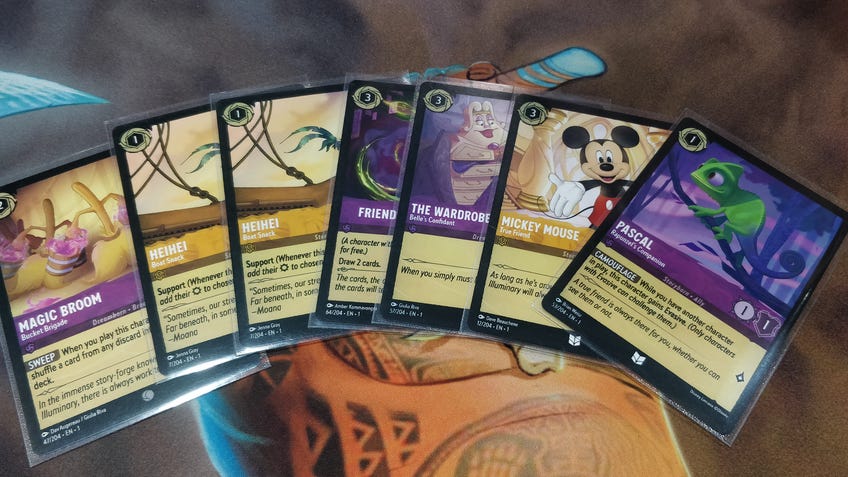
So what do you do if you hire someone to design ideas for your game, as Upper Deck did with Miller, and you don’t want those ideas to be shared with competitors? You look for alternative contractual routes to protecting these ideas - confidentiality obligations being a prime example.
An employee cannot use or disclose confidential information obtained in the course of employment, and this obligation will usually continue after employment has ended. However, under English law issues can arise when learned information is in that ex-employee's head and has become part of their own knowledge. An employer could not necessarily prevent that employee, or contractor in the case of Miller, from using such learned knowledge, even if they go to work for a competitor.
With respect to game mechanics, these are generally meant to be easily picked up and memorised by players (though of course there are some famous exceptions to this). If this is the aim for players, then the game designer is even more likely to have those game mechanics firmly imprinted in their head as part of their learned knowledge.
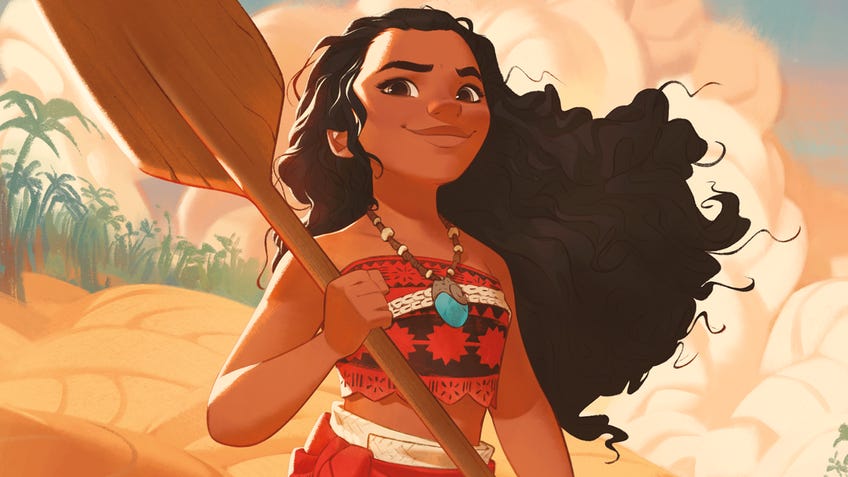
Though there will undoubtedly be additional facts to this Lorcana case that we will not be aware of, as well as nuances of US law that might differ to the English law position, this further illustrates that the protection of ideas, even through alternative contractual routes, is never a simple matter.
Intellectual property law exists to encourage creativity and innovation. But if all the ideas behind original creations are protected, it would be almost impossible to iterate and create new works.
There are other causes of action that Upper Deck is relying on. For example, misuse by Miller of Upper Deck’s intellectual property, inducement by Ravensburger for Miller to breach his Upper Deck contracts, fraud and unfair competition, among others. For brevity we will brush past those, not least because if Upper Deck cannot show that Miller breached his agreements - i.e. if it cannot show that he breached confidentiality or that the game mechanics form part of the intellectual property that Miller allegedly copied - then Upper Deck will have a much harder battle convincing the court to find in its favour for any of the other causes of action.
This inability to protect a game mechanic may seem strange at first, since game mechanics are the essence of the game. They are the means by which you play - and what is a game if not meant to be played?
However, the courts have reason to be resistant to the protection of ideas such as game mechanics, given the iterative nature of game design and creativity generally.
Intellectual property law exists to encourage creativity and innovation; on the one hand, there would be little incentive to create if someone can copy your creation and sell it as their own. So naturally there must be mechanisms in place to protect that original creation. Yet on the other hand, if all the ideas behind these original creations are protected, whether that’s art, music, literature or games, it would be almost impossible to take those original concepts, iterate and create new works.
The dividing line between these two sides is the point of tension in which this Lorcana case sits. Regardless of the outcome, the games industry should take note and watch carefully as this case progresses, as it will either prove to be a valuable lesson or a cautionary tale in navigating that tricky line.



